
Brussels: Adopted the first European Union law to combat violence against women. It includes criminalizing genital mutilation, forced marriage, and publishing pornographic images.

- Europe and Arabs
- Tuesday , 7 May 2024 15:47 PM GMT
Brussels: Europe and the Arabs
On Tuesday, the European Council gave the green light to directives to combat violence against women and domestic violence. A statement by the Council said, “Taking decisive action against these acts of violence is necessary to guarantee the fundamental values and rights of equality between women and men and non-discrimination. The law requires all European Union countries to criminalize female genital mutilation, forced marriage, and online violence, such as the non-consensual sharing of intimate images.” .
The new law also includes measures to prevent violence against women and domestic violence and sets standards to protect victims of these crimes.
Through the statement, Paul Van Tigelt, Belgian Deputy Prime Minister and Minister of Justice, whose country currently holds the rotating presidency of the Union, said:
Violence against women and domestic violence are ongoing crimes. This law would ensure that at the European Union level, strict penalties would be imposed on its perpetrators, and that its victims would receive all the support they needed.
While Marie-Colline Leroy, Belgian Secretary of State for Gender Equality, said, “This is a pioneering moment in promoting women’s rights. True equality can only be achieved when women are able to live without fear of being harassed, violently assaulted, or physically harmed. This law is a step forward.” important to achieve this.
Main elements
The law adopted today criminalizes the following crimes across the European Union: female genital mutilation, forced marriage, non-consensual sharing of intimate images, cyberstalking, online harassment, and online incitement to hatred or violence.
Committing these crimes is punishable by imprisonment for a period ranging from one year to at least five years. The directive also comes with an extensive list of aggravating circumstances, such as the commission of the crime against a child, spouse, former or current partner, public representative, journalist or human rights defender, which carry harsher penalties.
The Directive also contains detailed rules on the assistance and protection measures that Member States must provide to victims.
It will become easier for victims of violence against women and domestic violence to report the crime. At a minimum, it will be possible to report cybercrime online. EU countries must also take measures to ensure that children receive help from specialists. When children report a crime committed by a person with parental responsibility, the authorities will need to take measures to protect the child's safety before informing the alleged perpetrator.
In order to protect the victim's privacy and prevent re-victimization, Member States must furthermore ensure that evidence relating to the victim's past sexual conduct is allowed in criminal proceedings only when it is relevant and necessary.
With the idea of building a safer future, preventive measures aim to raise awareness of the root causes of violence against women and domestic violence and to reinforce the central role of consent in sexual relationships. According to the European statement, “Member states have three years from the entry into force of the directive to transform it into national law.”
The Commission, through Vice-President for Values and Transparency, Vera Jourova and Equality Commissioner, Helena Dalli, had previously submitted a proposal for a Directive on combating violence against women and domestic violence on 8 March 2022. Frances Fitzgerald and Yeven Enser were rapporteurs of the European Parliament. For this file, the agreement was reached between the Council and Parliament on February 6, 2024.


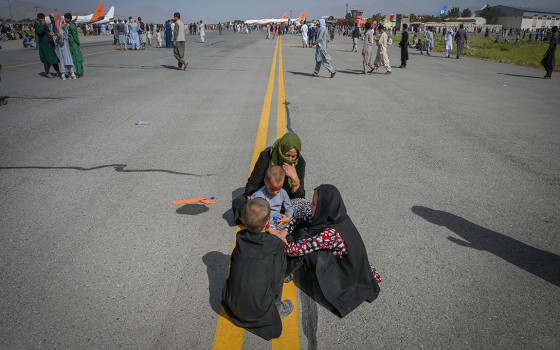
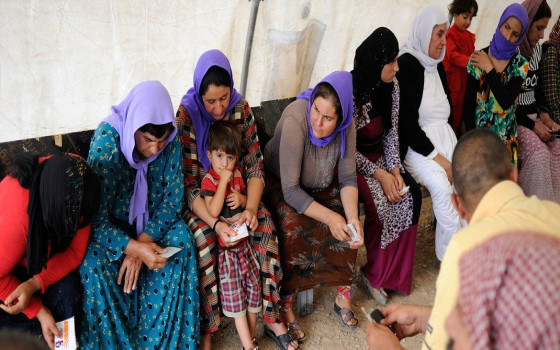
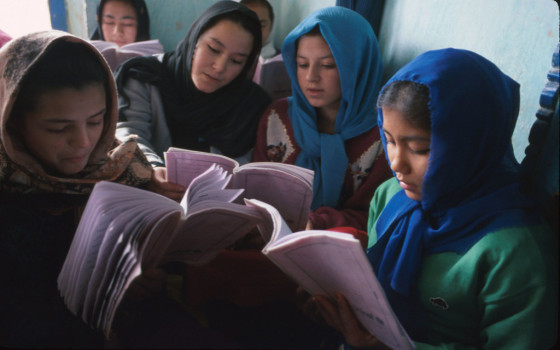



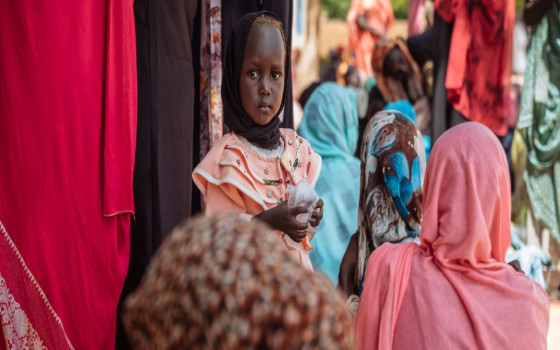

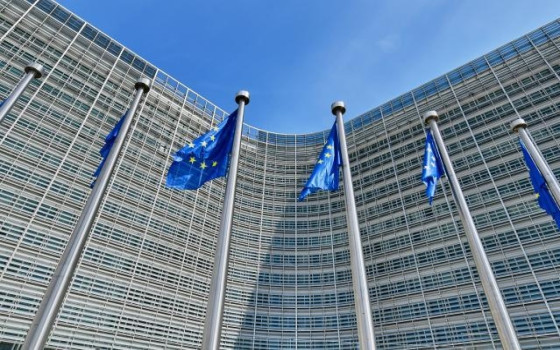

No Comments Found